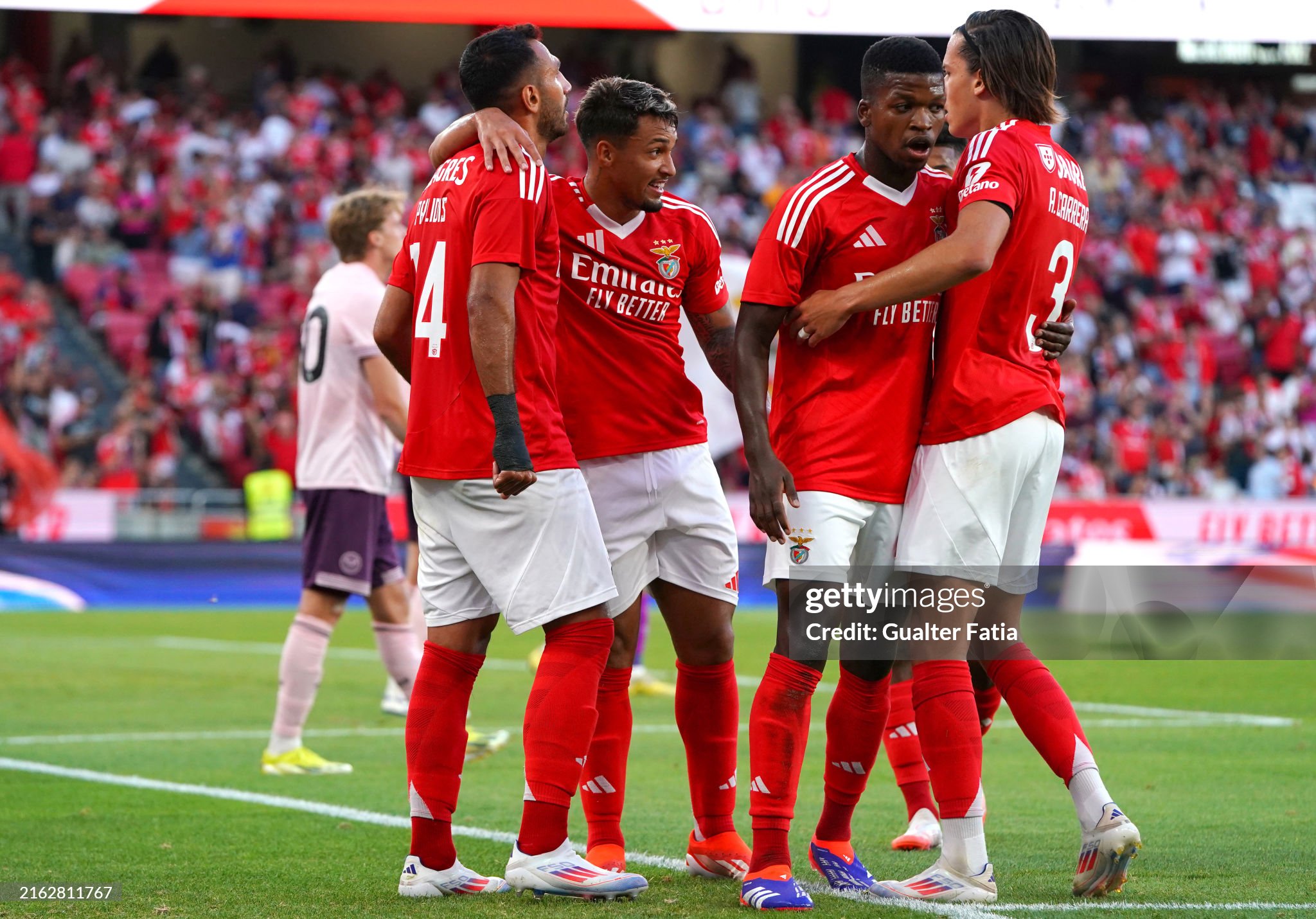Erik ten Hag had some good news for a change on the injury front at Manchester United on Wednesday. It was announced on Tuesday that Lisandro Martínez would be sidelined for another month, but this was offset by the return of Jonny Evans, Harry Maguire, and Raphaël Varane to the training field.
Erik ten Hag's tenure at Manchester United has been a testament to navigating the highs and lows of football management, especially in dealing with player injuries.
His recent comments reflect a broader challenge faced by top-tier football clubs, where the physical demands of the game, combined with a packed schedule, often lead to injuries that can disrupt team dynamics and strategies. The situation at United, with key defenders like Lisandro Martínez, Victor Lindelöf, Tyrell Malacia, and Luke Shaw sidelined, highlights the fragile balance teams must maintain between player health and competitive demands.
Ten Hag's reluctance to delve into the specifics of why muscle injuries are prevalent in his squad hints at complex underlying issues, possibly involving training methods, player workload, or even medical support strategies. His statement about dealing with the matter internally suggests a proactive approach to mitigating injury risks, emphasizing the need for a tailored strategy to manage player fitness amidst the relentless pace of the Premier League and international commitments.
The Dutch manager's handling of Mason Mount's situation is indicative of his cautious approach to player health. Despite Mount's potential to influence games, as evidenced by his crucial goal against Brentford, ten Hag is prioritizing the long-term fitness of his players over short-term gains. This careful management is crucial, particularly for a player like Mount, who has faced repeated injuries this season. The decision to hold back Mount from starting against Chelsea, despite his impactful return, underscores a strategy that seeks to rebuild player confidence and fitness gradually, avoiding any rush that could lead to further setbacks.
The upcoming match against Chelsea, a club with its own set of challenges this season, presents an interesting dynamic. Ten Hag's respect for Chelsea's quality, despite their struggles, highlights the unpredictability of football, where form can be fleeting, and resilience is key. His acknowledgment of Chelsea's capability to win against any team serves as a reminder of the competitive nature of the Premier League, where any match can be a turning point for clubs looking to overcome adversity.
As Manchester United prepares to face Chelsea, ten Hag's focus on managing injuries, maintaining player fitness, and cautiously integrating returning players like Mount into the lineup reflects a strategic depth that goes beyond tactics on the pitch. It involves a holistic view of the players' physical and psychological readiness, an essential factor in the high-stakes environment of the Premier League. This approach, balancing caution with competitive spirit, will be crucial as United navigates the remainder of the season, aiming to solidify their place at the top of English and European football.








